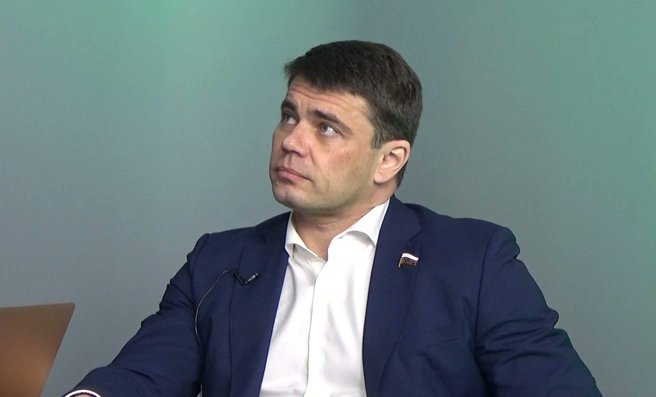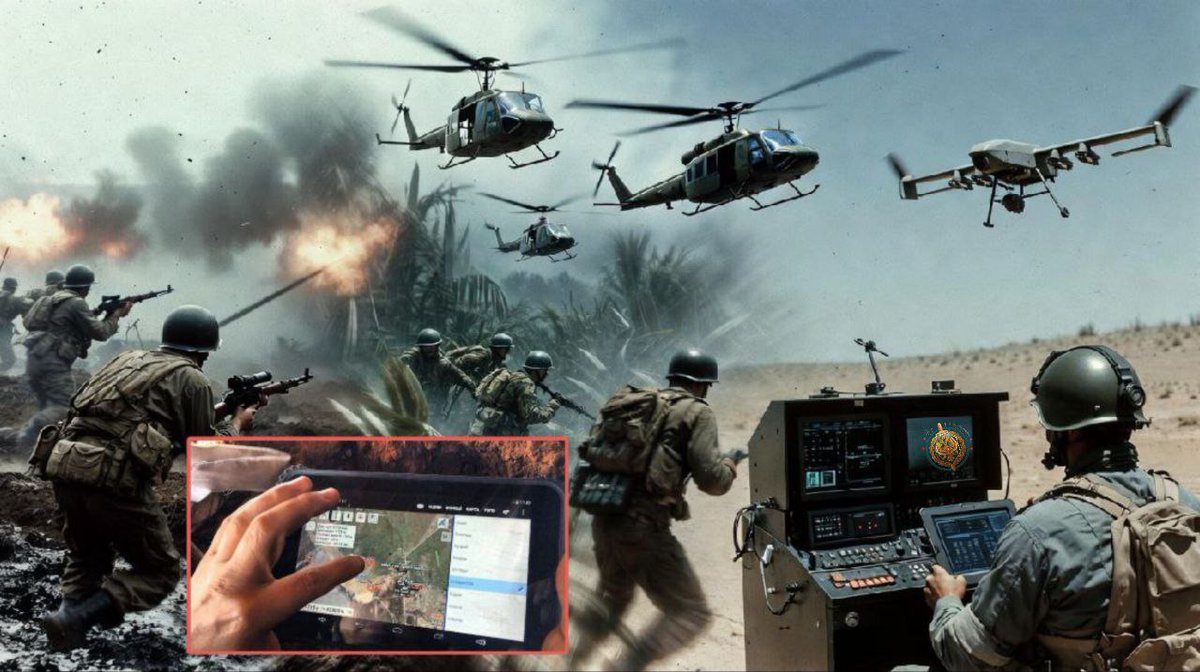1/ Badly wounded Russian soldiers, some on crutches, are being sent to fight in Ukraine. Russian milbloggers say it is because of huge losses and shortages of personnel, as well as bureaucratic mismanagement and the military's culture of lying to superiors. ⬇️
2/ The Russian blogger Anatasia Kashevarova (a former adviser to State Duma Speaker Vyacheslav Volodin and then to the LDPR party) has posted an angry denunciation of the army's treatment of the men of the 26th Tank Regiment, based in Mulino in the Nizhny Novgorod region.
3/ A recent video shows visibly injured men on crutches pleading to be taken out of the battlefield. According to Kashevarova, they are from the 26th Tank Regiment of the 47th Guards Tank Division. They address their appeal to Putin and the military prosecutor's office.
4/ The men, who number about 50, say that they are wounded, still using crutches and plaster casts, have not been fully treated and have not undergone the required rehabilitation or 45-day medical leave. Nonetheless they are still being sent on combat missions.
5/ They say that field doctors are "shrugging their shoulders" at the situation, which they blame on their commanders. They are currently in the second line but say that they will be sent to the front line in a few days' time.
6/ Kashevarova says this is a systemic problem which has been going on for "quite a long time". She writes:
7/ "This is not a problem with the medics and the military-medical commission (although such problems also exist, I am not hiding it), this is a problem with specific commanders who don't care about doctors' instructions, referrals to hospitals and planned operations – …
8/ "…they load guys into cars by deceit (assuring them that they are taking them to the command for some documents and leave) and send them to the front. Why? What will they do there? What is this image of turbulent activity?
9/ "What incredible value does a fighter on crutches have on the front line? I understand, maybe not feeling sorry for specific people, but turn on logic, turn on practical considerations: these people on the front line are simply useless!
10/ "Give them a chance to heal, to rest, and they can be useful. What you are doing now is just a useless, cynical waste of people."
11/ Kashevarova says that she is making a complaint to the military prosecutor's office and she has "a record of which of them file complaints, so unscrupulous commanders will not be able to quickly send them to the front line and hide the traces of their dubious activities".
12/ Other Russian milbloggers have also commented on the video. The pseudonymous Vault 8, calls it "the most vile and treacherous phenomenon, undermining the authority of the command and the RF Armed Forces as a whole in our own eyes as servicemen – …
13/ "… when individual butcher-commanders scoop out from permanent posts and hospitals everyone who is destined for a long recovery and simply send them for useless disposal."
14/ He asks "how can you trust commanders if:
- You were told that there would be no mobilisation – and you were mobilised.
- They freeze you in place without a reasonable term of service.
- You get seriously wounded in this war...
- You were told that there would be no mobilisation – and you were mobilised.
- They freeze you in place without a reasonable term of service.
- You get seriously wounded in this war...
15/ "- And not only are you not demobilised, but in some cases you are sent to your death without being fully healed.
16/ "This practice of individual commanders and chiefs of staff must be firmly stopped, because so far it is the most treacherous and treacherous blow (one can't call it anything else but treachery) against our [soldiers] from their own side."
17/ Natalia Kurchatova comments that "the situation with neurological problems is especially difficult, when, for example, a person’s arms and legs are formally in place, but they do not function properly.
18/ In my memory, they tried to send a volunteer to the front, who had shrapnel that injured the spinal cord and was stuck in the spine: his legs were paralysed, his blood pressure was going through the roof, and he was told, roughly speaking: go to the front with your shrapnel…
19/ "…and don’t show off. It was a whole saga just to remove this shrapnel from the person."
Svyatoslav Golikov blames "crooked bureaucratic collisions." He writes:
Svyatoslav Golikov blames "crooked bureaucratic collisions." He writes:
20/ "Semi-disabled casualties continue to remain in service due to the current prohibition on discharge, minus exceptional circumstances that still have to be justified, including obtaining the "D" category of fitness.
21/ "In addition, by remaining in a military unit, a person receives medical treatment, whereas in the case of dismissal, the prospect is blurred. In fact, such people are not able to fulfil their duties properly.
22/ "Furthermore, the early discharge of untreated servicemen is directly affected by hospitals being overloaded.
23/ "At the same time, people, including those in fitness category "G", tend to be returned to the places of temporary deployment of units in the Special Military Operation zone, which in itself is not very favourable,…
24/ "…plus all the facilities of the nearby rear are in the kill zone of enemy remote high-precision weapons.
25/ "Finally, due to excessive losses in active units engaged in active combat operations, the number of personnel (primarily assault units) regularly drops, which cannot be promptly replenished by marching reinforcements [to the front].
26/ "Hence the practice of early return of people to the front line on the principle of 'everyone who can somehow hold a weapon'. It is quite natural that this practice does not contribute in any way to improving the effectiveness of combat work and motivation of the personnel."
27/ Kashevarova attributes the situation to "false reports that hide the real balance of forces and the number of personnel." (False reporting is a long-standing problem for the Russian military, as the thread below discusses.)
https://x.com/ChrisO_wiki/status/1629201232815394816
28/ "Because of reports that everyone went on leave, that more than 500,000 contractors and volunteers came (although we remember how contractors were recruited -–they forced mobilised people to sign), because of the real shortage of fighters at the front.
29/ "Will any of the military experts tell us – how many people are in a platoon now? How many are in a company? A battalion? How many are in a regiment, and how many are in a division?
30/ "We can have a platoon of 3 people, and a hundred in a regiment, and in a division less than a thousand.
31/ "But in reports they do not write real numbers, they write battalions/brigades/divisions, and no one goes into detail about the fact that the name does not reflect the number [of personnel]."
32/ She suggests that the new leadership of the Russian Ministry of Defence has found itself in a "soap bubble" and does not know what to do about the situation. The underlying cause, she says, is a chronic shortage of manpower, which she blames on the following:
33/ "1. Because at the beginning of the Special Military Operation and for a long time after, the generals and leadership of the Ministry of Defence believed that drones were not serious. And we suffered losses in personnel and equipment.
34/ "2. Because they sent untrained people to the front who could not shoot. Normal commanders tried to save them and they themselves died.
3. Because many assaults take place without artillery support.
3. Because many assaults take place without artillery support.
35/ "And somewhere the artillery strikes at its own people, and the tankers do not take into account the terrain and also hit their own side from the hilltops.
36/ "4. Because professionals – artillerymen, tankers, UAV operators, electronic warfare officers, air defense officers, surgeons and so on, were sent on stupid assaults on villages.
37/ "5. Because an unreasonable, unprofessional approach leads to the fact that not only untrained, but really tough warriors die in vain. Those who can and want to fight, and can lead people and teach them.
38/ "6. Because the majority of the high command is not even sitting on the territory of the Special Military Operation, but somewhere in Rostov and does not know what is going on."
39/ As a result, she says, "commanders on the ground are receiving reinforcements on crutches, and they don’t know what to do about it. And according to [false] reports, their reinforcements are combat-ready.
40/ And a good commander and cripples go on an assault, what is their survival rate? ...
I am not writing about henpecked husbands and cowards, about mama's boys, who have snot hanging down and whine that they cannot fight.
I am not writing about henpecked husbands and cowards, about mama's boys, who have snot hanging down and whine that they cannot fight.
41/ "I am writing about the facts of sending disabled people to the front, who are on crutches, whose arms and legs do not bend. There are fractures that have not healed, and so on. We have one in captivity with broken legs, because he was sent to the front untreated." /end
Sources:
🔹
🔹
🔹
🔹
🔹 t.me/akashevarova/7…
t.me/akashevarova/7…
t.me/philologist_zo…
t.me/vault8pro/51394
t.me/vozlevoiny/5434
🔹
🔹
🔹
🔹
🔹 t.me/akashevarova/7…
t.me/akashevarova/7…
t.me/philologist_zo…
t.me/vault8pro/51394
t.me/vozlevoiny/5434
• • •
Missing some Tweet in this thread? You can try to
force a refresh







